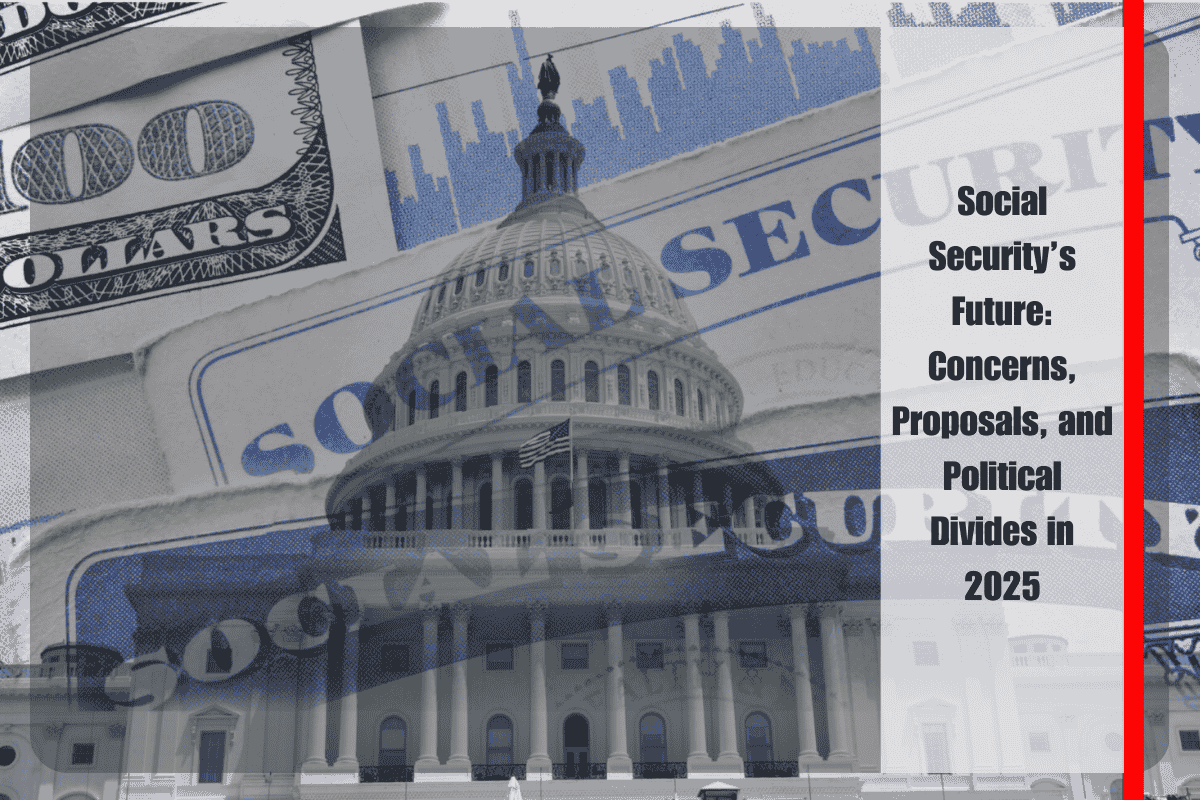The new Social Security law, recently approved under the name “One Big, Beautiful Bill” and signed by President Donald Trump, has caused a mix of reactions. While the law promises tax deductions for some retirees, the changes are not as positive as the name suggests. In fact, many aspects of this law could harm certain groups, particularly the most vulnerable seniors, and accelerate the depletion of the Social Security fund.
A Tax Deduction with Limitations
One of the key aspects of the law is a $6,000 tax deduction for individuals over 65. This sounds appealing at first, but there’s a catch. The deduction is only available to individuals earning less than $75,000 per year or couples earning under $150,000. For those earning more, the deduction gradually decreases, disappearing completely once incomes reach $175,000 for singles. While the law benefits many retirees, experts point out that it mainly helps middle and upper-class retirees, leaving out those who need the relief the most.
Medicaid Cuts and Increased Barriers
While some retirees will benefit from tax relief, others are facing significant challenges. The law introduces cuts of over a trillion dollars to Medicaid, which provides essential healthcare services for low-income individuals. While the eligibility requirements remain unchanged, the process to renew Medicaid coverage has become more complicated. Seniors now face increased paperwork and stricter documentation requirements. As a result, many could lose access to their Medicaid benefits simply because they fail to submit the necessary documents on time. Rural hospitals, which rely heavily on Medicaid funding, will also be hit hard by these cuts, even though the law allocates a $50 billion fund for rural health. Experts argue this amount won’t be enough to offset the significant losses.
Medicare’s Power to Negotiate Drug Prices is Weakened
Another change under this law affects Medicare’s ability to negotiate drug prices. Since 2022, Medicare had been allowed to negotiate drug prices to secure lower costs. However, under the new law, there are more exceptions, particularly for drugs used to treat rare diseases. Well-known drugs, such as Ozempic and Wegovy, which are used for conditions like diabetes and weight loss, won’t see any price drops before 2028. This delay will mean higher short-term costs for retirees, and the government will lose about $5 billion in savings that would have come from these price reductions.
A Faster Depletion of the Social Security Fund
The law’s tax deduction, while providing some relief to retirees, also has a major downside: it reduces the income that goes into the Social Security fund. As a result, this could speed up the depletion of the fund, which current reports predict will run out of money by 2033. If no action is taken to address this, retirees could face a 23% reduction in their monthly Social Security payments, along with an 11% cut in Medicare hospital benefits.
Reduced In-Person Social Security Services
On top of all these financial and healthcare changes, Social Security offices are also reducing their in-person services. As of now, you can no longer visit without an appointment, and the SSA has removed key service indicators from their website. The government’s aim is to push more people to use the online portal for services, but this poses a challenge for many seniors who are either uncomfortable with technology or have disabilities. This change could make it even harder for seniors to access the help they need.
Is This Good or Bad News?
The answer depends on who you ask. For some, the $6,000 tax deduction is a welcome relief. However, the Medicaid cuts, drug price restrictions, faster depletion of the Social Security fund, and loss of in-person services are serious concerns. It’s clear that seniors need to stay informed, carefully review their situation, and demand more transparency and real solutions. These changes have a direct impact on their health, finances, and quality of life, making it even more important for them to be aware of how the law affects them.












